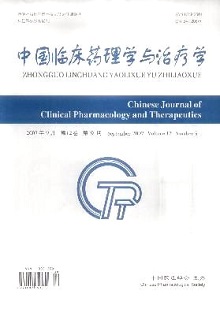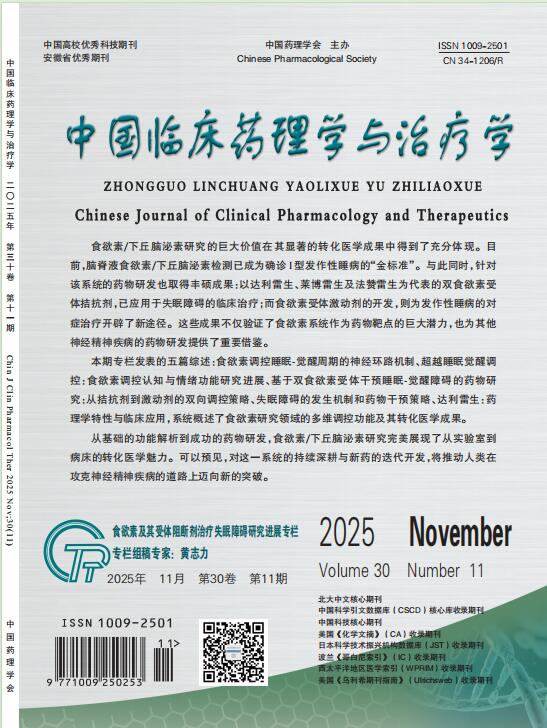Endothelin receptor antagonist CPU0213 improves pulmonary injury and fibrosis induced by bleomycin and oleic acid in mice
LI Na, WANG Qiu-juan, DAI De-zai, HE Hai-bo, FENG Yu, DAI Yin
2007, 12(9):
998-1003.
 Asbtract
(
133 )
Asbtract
(
133 )
 PDF (254KB)
(
263
)
References |
Related Articles |
Metrics
PDF (254KB)
(
263
)
References |
Related Articles |
Metrics
AIM: Pulmonary fibrosis (PF) is closely related to progression of pulmonary artery hypertension. The study is aimed to investigate the effects of endothelin receptor antagonist CPU0213 on PF induced by bleomycin or oleic acid in mice.METHODS: Mice were divided into control, PF model, nifedipine treated (p.o.10 mg·kg-1 ·d-1), and CPU0213 (p.o.50 mg ·kg-1 · d-1), CPU0213(p.o.100 mg·kg-1·d-1), CPU0213 (p.o.200 mg·kg-1 ·d-1) treated groups (n=10).In bleomycin-induced PF model, the lung weight index, recovery of bronchioalveolar lavage fluid (BALF), leukocytes in BALF and biochemical assay of malondialdehyde (MDA) and hydroxyproline were delected.In oleic acidinduced acute lung injury model, mice received intravenous injection of Evan's blue, and 4hr later the content of Evan's blue in lung were measured.RESULTS: CPU0213 and nifedipine were effective in decreasing lung weight, suppressing inflammatory reactions, oxidative stress, and the accumulation of hydroxyproline in bleomycin- induced PF model.In acute lung injury model, the content of Evan's blue in lung was reduced by CPU0213 and nifedipine.The improvement made by CPU0213 200 mg/kg was better than nifedipine 10 mg/kg.CONCLUSION: Endothelin receptor antagonist CPU0213 showed favorable ability to reverse changes developed in PF. CPU0213 may be promising in the treatment of pulmonary artery hypertension in clinical settings.


